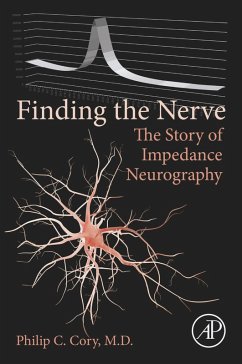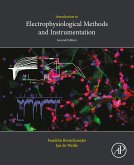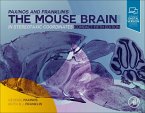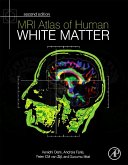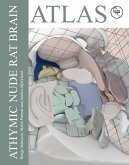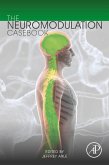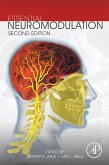This is of particular importance with respect to the obesity epidemic where physicians performing nerve-related procedures cannot use ultrasound visualization due to the depth limitations of that technology.
- Focuses on nerve stimulation mechanics and neuronal cell membrane biophysics
- Defines a nerve-specific imaging technology and issues with current nerve stimulation devices
- Addresses inaccuracies in the understanding of nerve stimulation and provides a new understanding of neuronal cell membrane biophysics
- Provides for nerve-specific visualization in 2-D or 3-D, with the novel ability to define both normal and abnormal functioning of nerves
Dieser Download kann aus rechtlichen Gründen nur mit Rechnungsadresse in A, B, BG, CY, CZ, D, DK, EW, E, FIN, F, GR, HR, H, IRL, I, LT, L, LR, M, NL, PL, P, R, S, SLO, SK ausgeliefert werden.
Hinweis: Dieser Artikel kann nur an eine deutsche Lieferadresse ausgeliefert werden.

